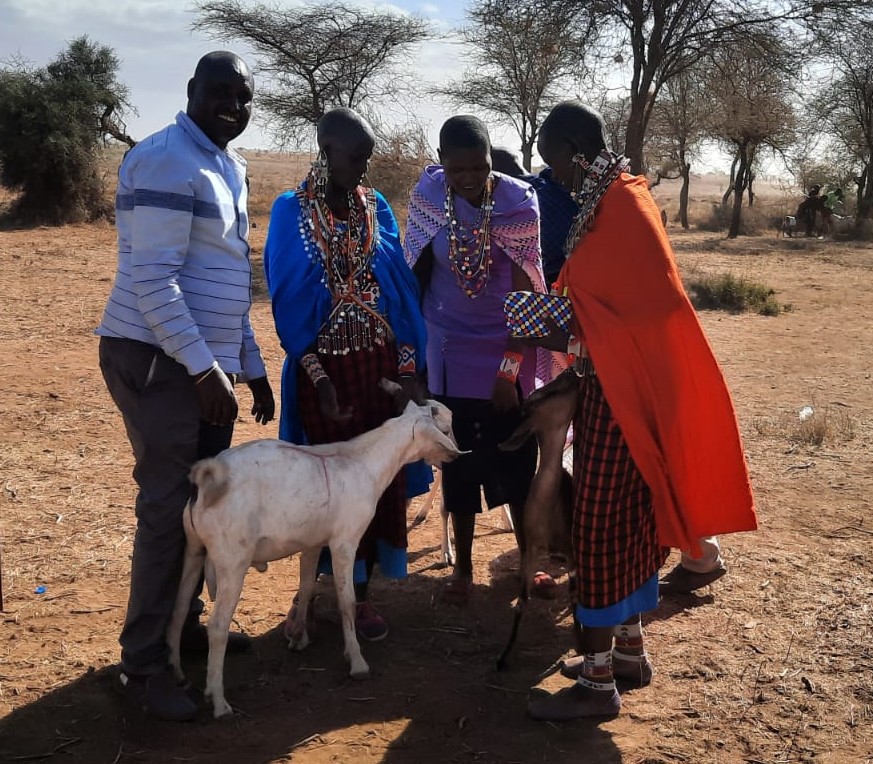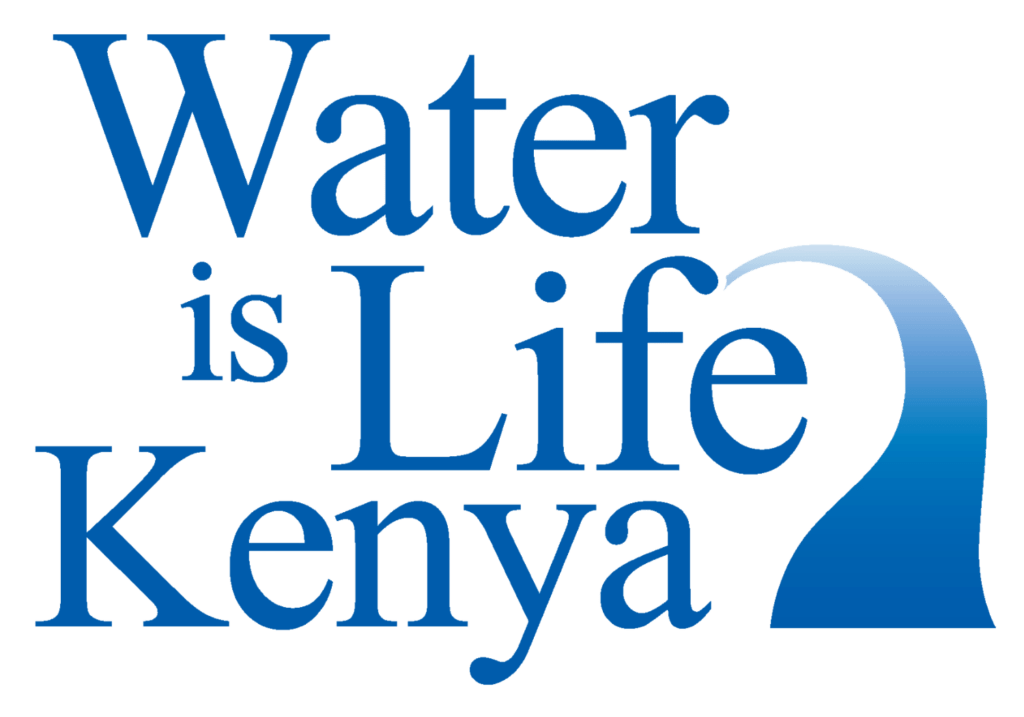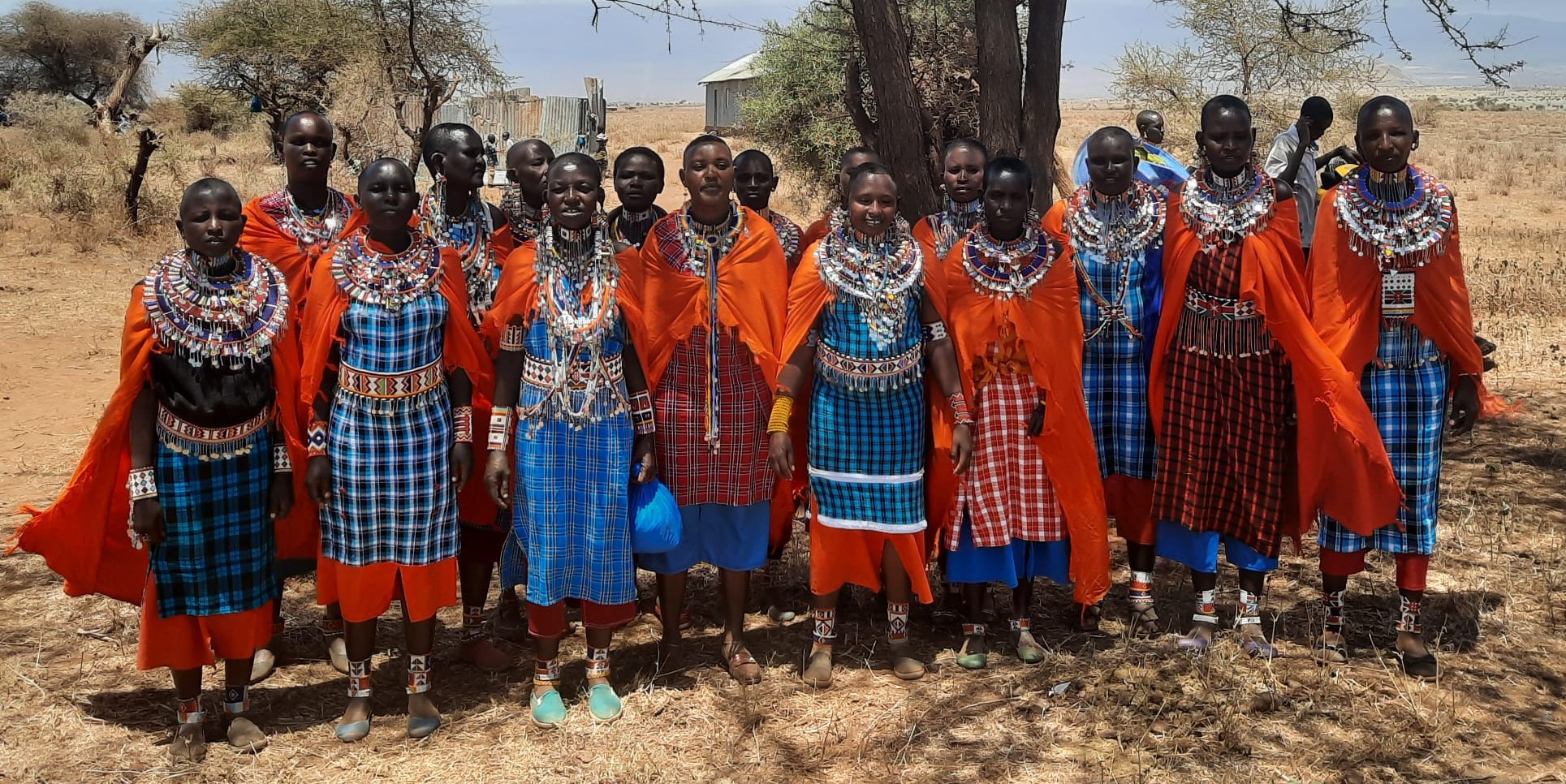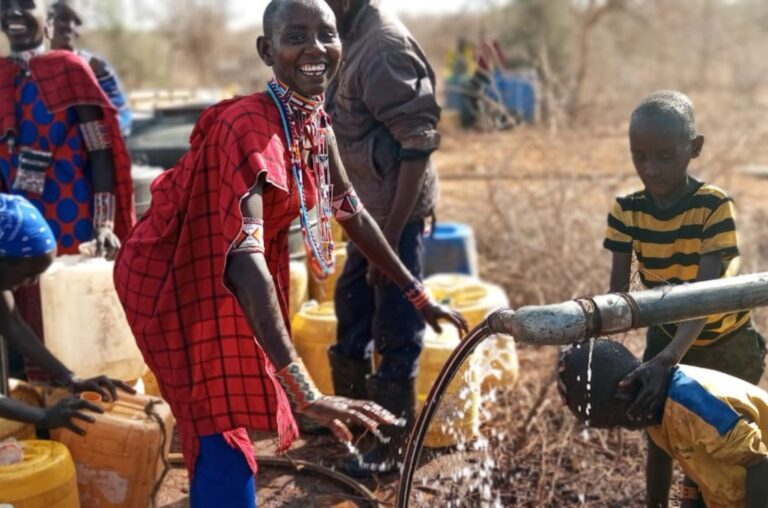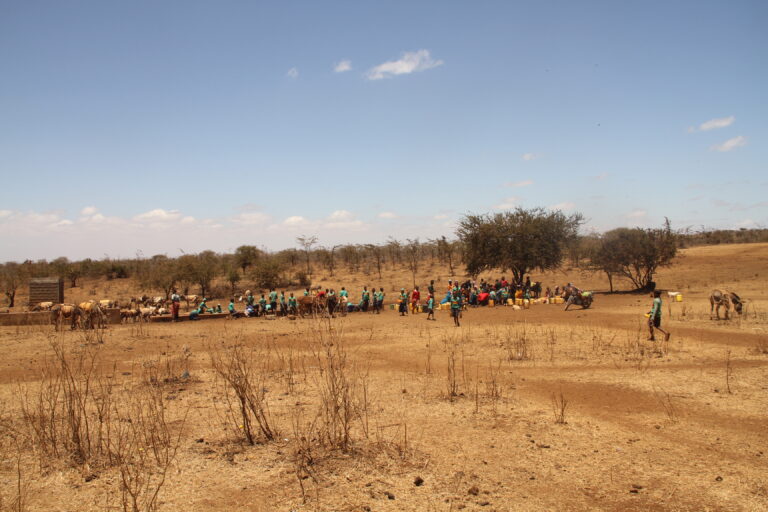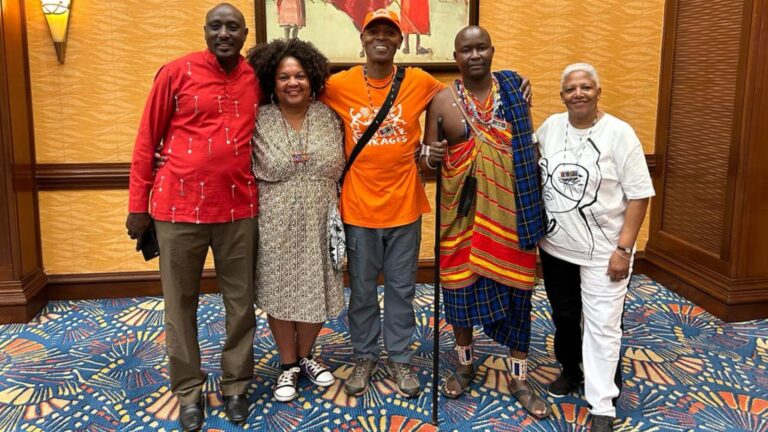On August 26, we presented goats and grants to women who completed training in the second round of our Hope for Widows program. We learned so much from the cohort groups, and the new groups will benefit from the boost that the grants will provide for their businesses.
Why Goats & Grants?
You may be asking: Why goats and grants…again?
Last November, the first round of Hope for Widows participants had their Goats & Grants ceremony. Since then, they’ve been running their businesses, saving money, and reliably providing for their families.
The goats (two females and one male) are long-term investments for the widows. These women need to build capital and livestock is still a good investment in the region. Having a built-in savings account that compounds over time—especially as they have babies!—is a key component of increasing capacity.
The grants are short-term cash infusions to help jumpstart the widows’ small business ventures. With these grants, they are able to buy what’s necessary to stock their shops, as well as any raw materials needed for production.
Giving, and Giving Back
At this ceremony, a total of 32 women, 15 from Ogulului and 17 from Amboseli, completed the Hope for Widows training over the summer. Sessions primarily covered business strategies to help the women learn how to build savings and how much to invest into what they’ll be selling. There will also be a training session in the future dedicated to women’s health issues.
Each widow received a grant of $150 (about 20,000 Kenyan shillings) and three goats (two female, one male). The money is to be invested in their businesses, so they have 10 days to make a supplies list and purchase what they need. The goats are additional collateral that give the women a source of savings.
Here’s an example of what was purchased with the grant:

Two Groups, One Heart
Now, where do the baby goats come in?
Some of the goats distributed in November did what goats do—and had babies. With grateful hearts, the widows who own these goats decided to “pay it forward.”
Each widow with multiple babies gave one baby goat to a woman in need. There were plenty of smiles, tears, and happy dancing when the handovers happened. For us, seeing this level of reciprocity is a dream come true.
At the ceremony, women distinguished themselves by the length of their participation in the Hope for Widows program. Those who completed their training last year wore blue shukas while new participants wore orange. Women from the pilot group also gave baby goats to friends who needed a boost of help. Overall, the ceremony became a celebration of the hard work all these women have done so far.
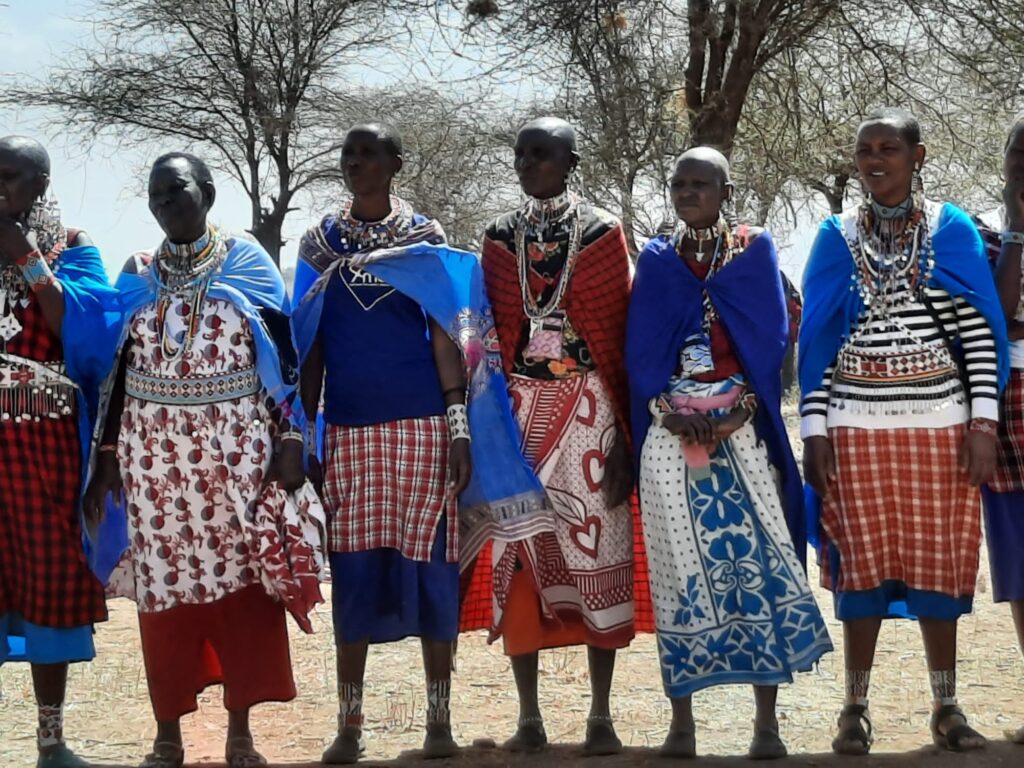
Past Success Leads to a Future With Hope
Speaking of hard work, Group 1 of the Hope for Widows participants is nearing the end of its first year. We recently traveled to Amboseli and the Kilimanjaro Highlands to check in with these groups. While surveying their experience thus far, we asked about the most impactful skills they’ve learned. Two answers were repeated: making a profit and becoming self-reliant.
Despite the long drought that’s been plaguing Kenya, these women managed to make enough money to cover their expenses, and then some. Last year, the widows would often skip meals to make sure their kids ate. Now, they’re eating every day. They received their second grant earlier in August and, with their experience, they know how to put it to the best use possible.
